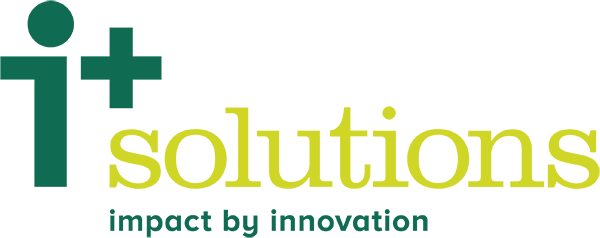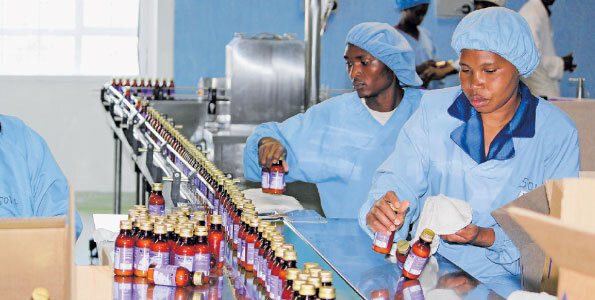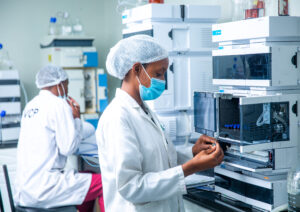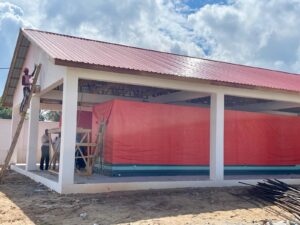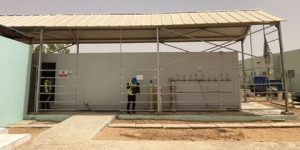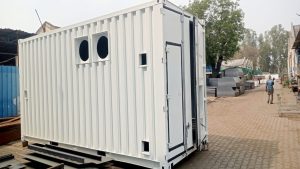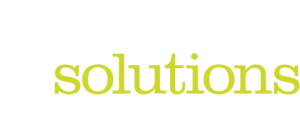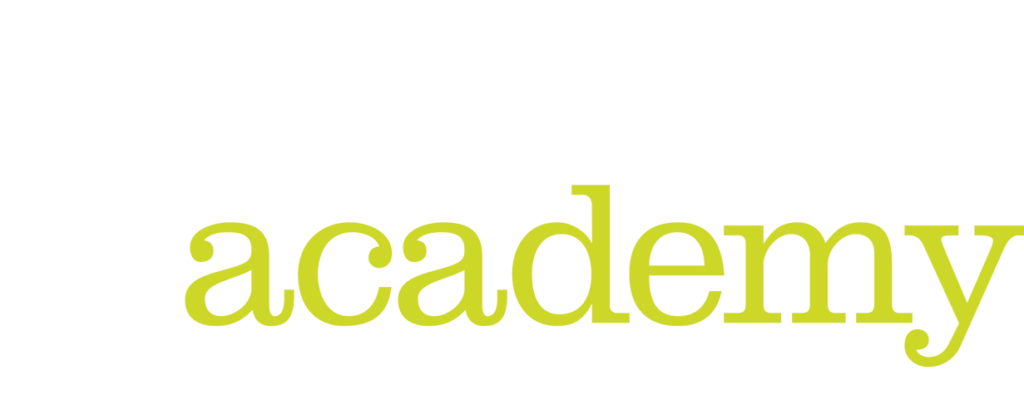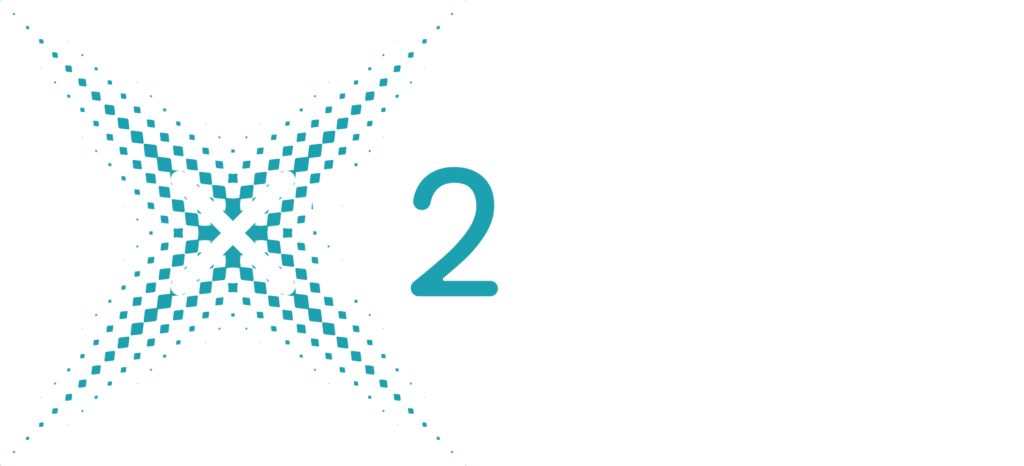i+solutions strongly recognizes the role of regional suppliers in contributing to the public health environment and believes their success brings significant value to making quality affordable medicines more accessible to patients.
Since 2015, i+solutions has a strong partnership with Universal Corporation Ltd, Kenya (Universal). Universal is one of few African manufacturers to have obtained WHO prequalification for its production site and several products.
i+solutions procures cotrimoxazole and other essential medicines from Universal under it’s donor funded projects. Furthermore, orders for antimalarials and antiretrovirals are in the pipeline. The partnership is very important for both parties. Over the past 4 to 5 years, large volumes of Universal products were delivered by i+ not only to over 20 countries on the African continent. It is a partnership that illustrates i+solutions’ commitment to strengthening local supply chains and enhancing accessibility. Since recently, XS2Meds (xs2meds.org), a fully owned subsidiary of i+solutions launched some of the Universal products to it’s private sector clients in East-Africa which will further increase the use of locally produced products available on the continent.
In a recent conversation with Universal about access to quality medicines in Africa, Meer Dhanani, Business Development Manager at Universal, said: “Local production is critical for self-sufficiency and self-reliance of the health care sector on the African continent and it is good that so many stakeholders and donors are focusing on it now. The Covid-19 pandemic has shown as much, and donors are not expected to fund countries for another 20 to 30 years. Regulatory unity is of the utmost importance for African countries, as there is a risk of substandard products entering the market, once donors stop funding the public sector. WHO PQ plants or US FDA plants become very critical and maybe even the large vertically integrated players in Asia and the US may think of setting up capacity locally with local partners.”
Despite the worldwide focus on local production, Meer Dhanani sees several challenges for his company, due to the fact that African manufacturing differs slightly from Asian manufacturing. It is a myth, he says, that African products are so much more expensive, this is often blown out of proportion. Africa can definitely compete with Asian manufacturers, with slight price differences depending on the product. There are several hidden elements, though, that impact the price of African products, costs that people often do not see. Interest costs on loans from local banks, for instance, are high in Africa. Universal is not vertically integrated, meaning APIs (active pharmaceutical ingredients) have to be imported. There is no capacity for prequalified API manufacturing in Africa yet because the finished product demand is not there yet in terms of captive consumption. Specialized staff is needed to run a prequalified production plant and often this more expensive talent needs to be imported. Competitors in Asia receive subsidies from their governments when they export to Africa, which gives them an advantage, and finally, road transportation to some countries in Africa is much more expensive than shipping a container over sea. Meer is convinced, however, that once the order volumes grow and local talent is built up, those costs will begin to come down.
“One way of making sure more orders are placed with local manufacturers”, says i+solutions Senior Category Manager, Bastiaan Vlietstra, “is to design new procurement methodologies that look beyond unit prices to shape procurement decisions. Mitigating supply risk for the African continent is high on the public health agenda. Investments are needed to build up local supply capacity and make sure economies of scale start working in favor of African pharma companies. Global donors have a huge impact on the market, they can change the procurement landscape”. Indeed, African footprint is becoming increasingly important for global donors; it is now among the evaluation criteria of procurement tender documents, demonstrating that not only unit price and lead time are looked at when making procurement decisions.
The manufacturing capacity for high quality medicines is still very limited in Africa. Universal got their site prequalification already back in 2011. Since then, Strides has partnered with Universal which, in terms of technology and knowledge transfer, has been a very important move. Meer Dhanani explains: “It’s very costly and time consuming to develop a PQ prequalified product from scratch in terms of resources, capital, and people. When it came to product prequalification, the technology and knowledge transfer from Strides was essential”.
“Another barrier for distributing pharmaceutical products on the African continent is the fact that each country has its own DRA, drug regulation authority. This means that to register a product, which already comes at a cost, each of those 52 DRA’s will want to come for an inspection, and visit your facility. Having to coordinate with each of these authorities separately, poses a challenge to trade in Africa.”
In terms of the importance of working with i+solutions, Meer says that “it is the company’s bread and butter”. As a client, i+solutions is number 1 in terms of business revenue and it has contributed greatly in strengthening Universals quality system, its manufacturing process, its employee capacity and people process. The essential medicines procurement through The Global Fund’s PPM project constitutes the stepping stone towards procuring antiretrovirals and antimalarials. If the business volumes continue to increase, and there is strong commitment from the donors, Universal sees possibilities in setting up additional production capacity, either by expanding the current facility or setting up an entirely new plant. Recently, Mozambique was added to the countries Universal is delivering to via i+solutions. Meer expects these developments to have a tumbling effect, attracting other players to set up shop locally. Meer adds, “The World Health Organization (WHO) has also played a critical role in our 13 year WHO PQ journey, allowing us to access these donor funded markets.”
i+solutions and Universal are jointly looking at more sustainable business, expansion of products and expansion of territories, driving their joint purpose of making quality affordable medicines available to all patients.
